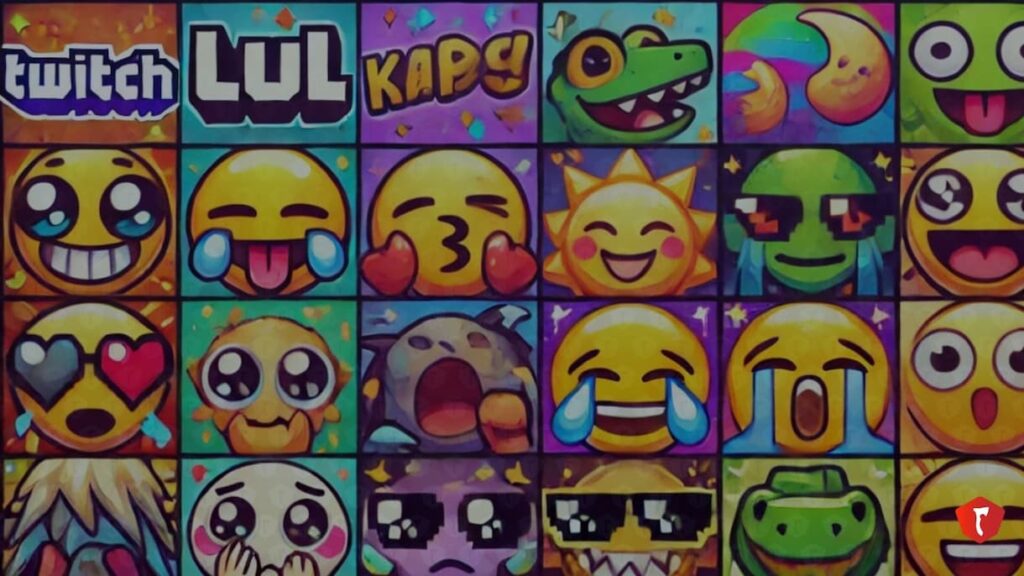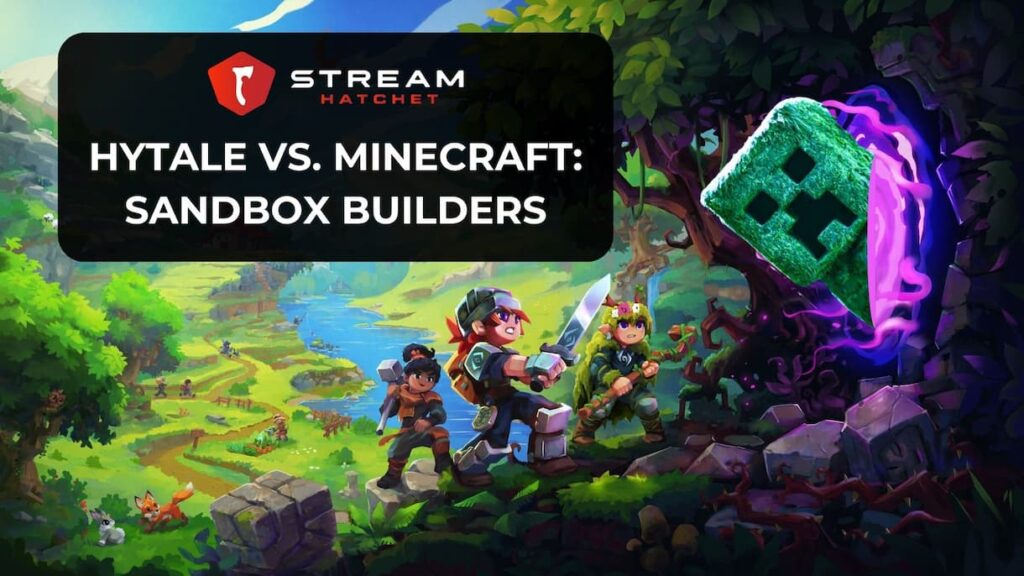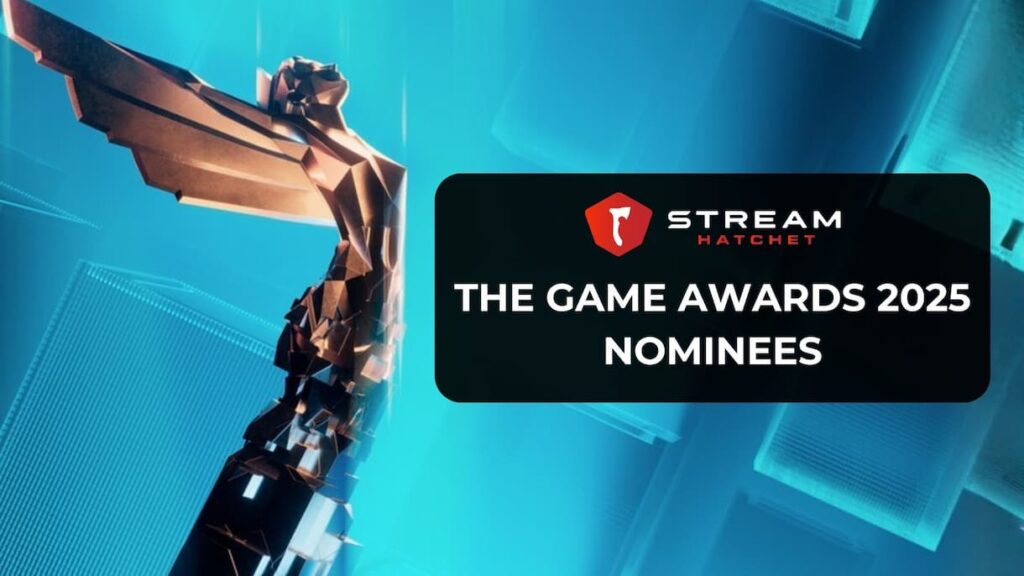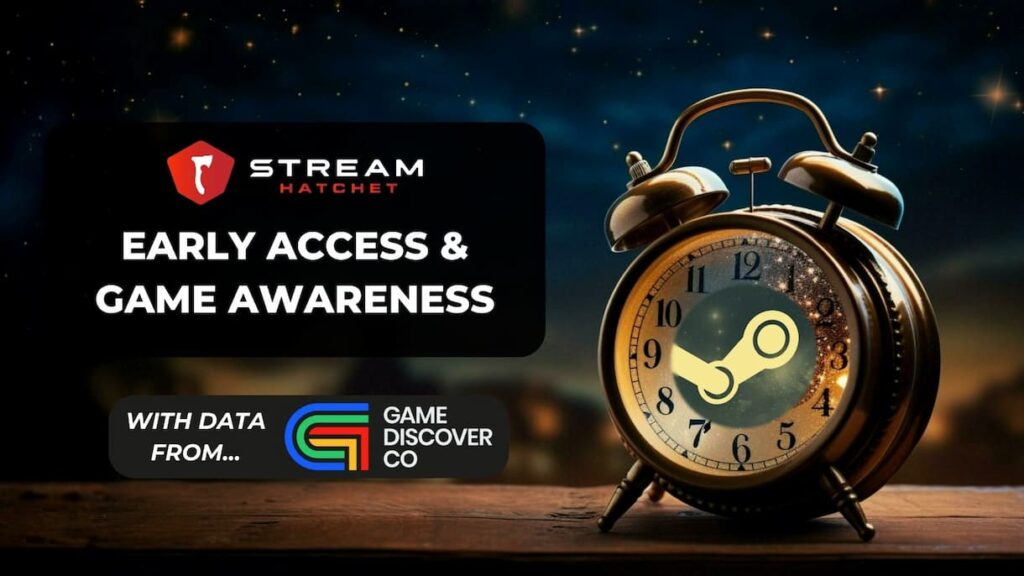Twitch emotes are an oft overlooked aspect of live-streaming culture, despite being one of the most basic elements of Twitch. These tiny images contain a wealth of connotations, bridging eras in trends and creating a common shorthand for all viewers to learn, use, and build upon. Understanding the specific meaning of Twitch emotes creates a sense of belonging, with chat spams of emotes accompanying every momentous live-streaming achievement ever accomplished.
As a consequence, game publishers and brands who fail to grasp the nuances of specific Twitch emotes open themselves up to seeming tone-deaf or out-of-touch – the last thing you want in an online community. Understanding emotes means understanding streaming culture, making your messaging feel more organic. As a result, learning emotes is perhaps as important for reaching the right audience as other endemic features like Twitch tags.
In this article we’re looking at the popularity of different Twitch emotes, where they come from, and how game publishers and brands can leverage their impact. The topics covered include:
- Twitch Emote Culture
- Popular Twitch Emotes
- Twitch Emotes for Influencer Marketing
- Using Different Types of Twitch Emotes
Twitch Emotes Mean Understanding Twitch Culture
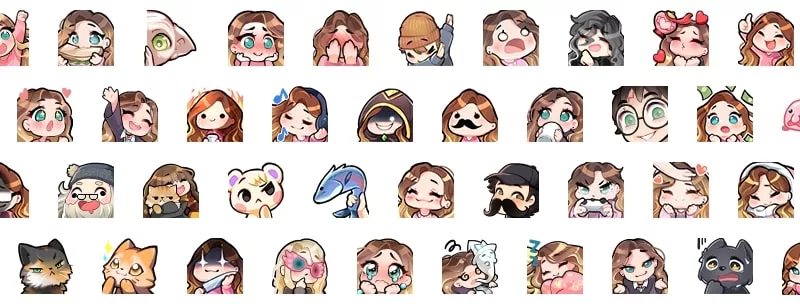
The surface-level reason viewers use emotes is to convey their emotion; either to show their response or to add intent to their message. Certainly that’s how emotes are used in text messaging and emails – but this completely misses the nuance of emotes on live-streaming. Twitch emotes bond a community together, with people who shell out for a subscription earning the right to access special emotes designated by their favorite streamers. Having a souped-up version of the streamer’s base emotes can be enough to justify paying up to $20 more per month for a Tier 3 sub (explained more fully here). Additionally, there are often specific emotes released by Twitch to promote special events, such as the SUBtember emote to celebrate discounted subscriber prices.
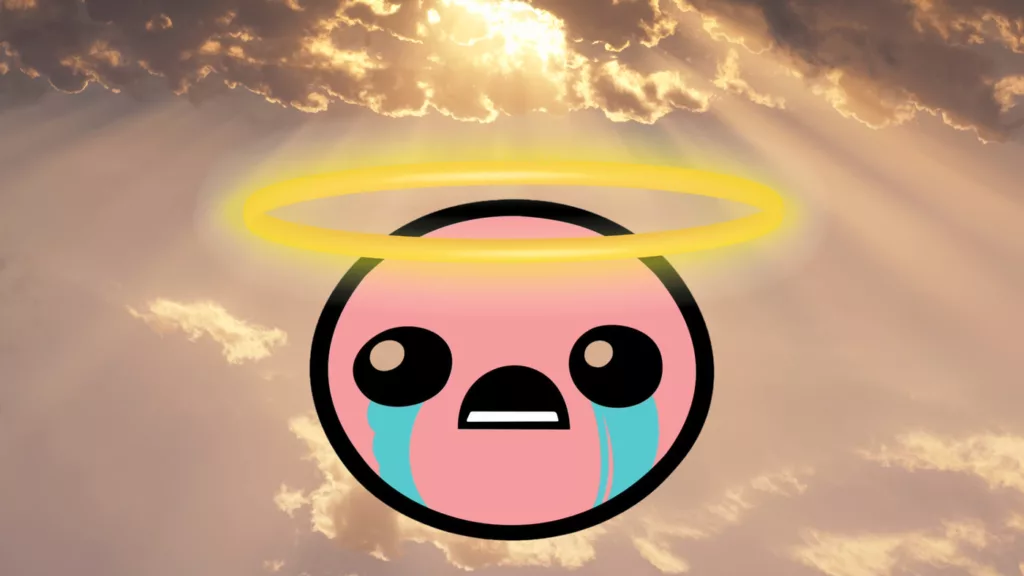
It might seem silly to an outside observer, but emotes really are this integral to Twitch’s sense of individuality. When the popular BibleThump emote was retired in September 2024, there was a backlash from viewers who loved using the Binding of Isaac-inspired Twitch emote as their default crying reaction. Alternatively, some emotes have very specific meanings that require an insider to fully explain, having inadvertent connotations outside of their intended use. Take, for example, the TriHard emote which was meant to be an indicator of hype but later took on racist implications based on overuse by a certain subsection of the Twitch community.
Tentative game publishers and brands might feel inclined to avoid emote usage altogether, but this is a surefire way to miss out on some of the largest Twitch audiences. “Massive Chats” (i.e. chats for popular streamers with large numbers of concurrent viewers) depend on emotes for social engagement and cohesion. Studies have proven that techniques like shorthanding, bricolage, and voice-taking are all supported by emotes because they are concise, form an easily recognized repertoire, and show the common voice of a community. The TL;DR: Emotes are crucial for large chats, and large chats are where the bulk of viewers are on Twitch.
The Most Popular Twitch Emotes
Certain emotes are so ubiquitous that understanding their meaning and usage is mandatory for anyone chatting on Twitch. Looking purely at the most popular emotes by chat messages in 2024 reveals staple emotes like LUL, Kappa, and DinoDance at the top of the charts with 371M, 140M, and 98M messages each. LUL is a perfect example of a seemingly benign Twitch emote that actually has a long, storied history. The man pictured is YouTuber and streamer John “TotalBiscuit” Bain: Bain was much loved by the online community, and so when he passed away in 2018, this emote became one of the last remnants of his legacy. What seems like a simple laugh reaction therefore has a tight link to streaming history.
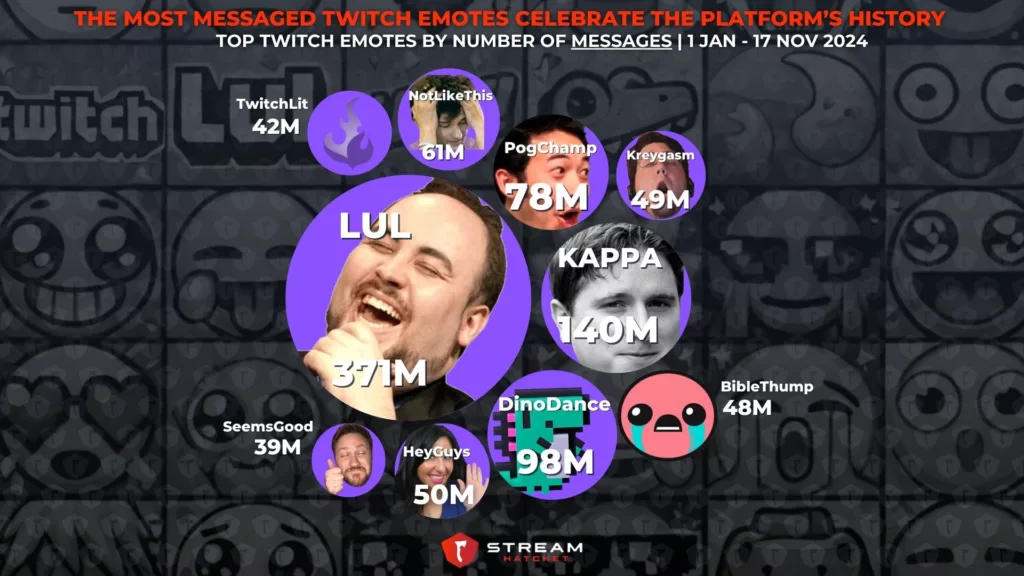
Of course this isn’t to say that every emote is so deeply layered, but the similar origin stories underpin other popular emotes. Kappa is Twitch’s flagship “sarcasm” emote, depicting Josh Deseno (a former employee of Twitch precursor Justin.TV). DinoDance amassed popularity as the first ever animated global Twitch emote, meaning an emote available to every user. A full analysis of every popular emote isn’t possible here, but the key takeaway is that popular emotes have storied histories.
Constantly spammed emotes like the HeyGuys emote appear even more often per message. HeyGuys appeared in 50M messages, but the emote itself appeared a whopping 521M times – an average of 10 emotes per message (second only to LUL). This prevalence has even spawned a toy based on the emote’s status as a meme. Spammed emotes are a double-edged sword, being more commonly seen but also more easily overlooked by viewers.
To get a better idea of how often emotes are seen, we can specifically rank emotes by their total number of impressions. Impressions numbers are much higher, with LUL sitting at 554B impressions throughout 2024 (an order of 103 greater than the number of messages). This analysis turns up some new popular emotes, such as the aforementioned BibleThump (116.2B), TwitchConHYPE (47.6B), and WutFace (44.2B). Impressions give a stronger understanding of which emotes are actually perceived by the greatest number of viewers on Twitch.
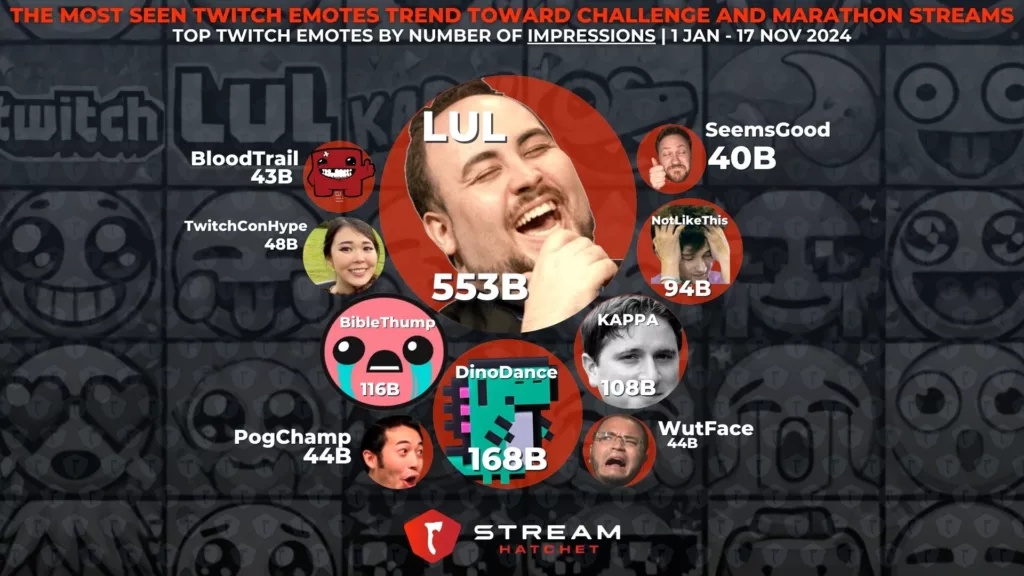
Impressions totals also reveal emotes used for certain trends throughout 2024 rising up the ranks. Take, for example, BloodTrail – a Twitch Emote depicting Super Meat Boy in a badly bruised state. Many Twitch streamers have been taking up brutal challenge streams in 2024 like hardcore runs of Elden Ring: Shadow of the Erdtree. The BloodTrail emote is a perfect chat response to when a particularly hard boss continuously beats down the streamer. Another trend in 2024 has been marathon streams. It’s no surprise, then, that the ResidentSleeper emote (sometimes used to denote boredom), is being used more literally for when streamers need to sleep partway through a marathon stream.
To access the full ranges of emotes by varying degrees of popularity, check out the Stream Hatchet app:
How to Make Emotes for Twitch that Connect With Audiences
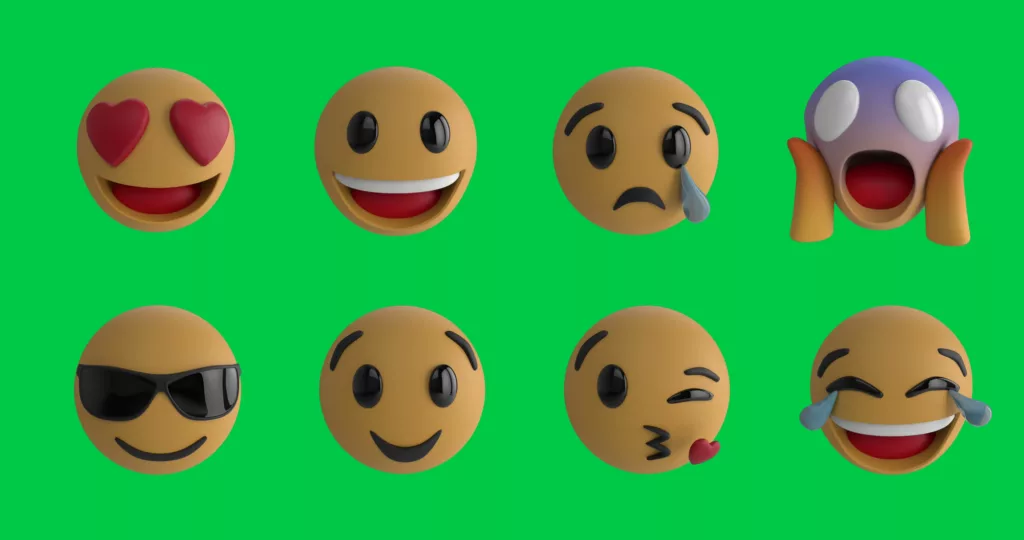
Given the massive exposure of the examples listed above, it seems that Twitch emotes are a massively underutilized way of connecting with viewers. By making custom emotes, however, streamers, game publishers, and brands can potentially create an asset that is spread for free by Twitch users. Additionally, the extra effort of not relying on past emotes based on memes can help a new emote to stand out from the crowd. In this way, Twitch emotes could be seen as a community-nurturing initiative on the level of other live-streaming exclusive methods like Twitch Drops campaigns.
When considering how to make emotes for Twitch, it’s worth observing what has worked in the past. Popular emotes take off not just because of cute illustrations or funny expressions, but due to the moments tied to them – create a “moment” behind your emotes, or build off a well-known moment within your community. Perhaps your latest advertising campaign has a particularly iconic image that resonated with people which you can “emotify”. Or as a game publisher, your player character might have a signature pose that is easily shared. If you’re looking to go the extra mile, you can even create more eye-catching animated emotes – how to make animated emotes for Twitch is simple with their Easy Animate tool.

Once you have this emote prepared, you can share it with partnered Twitch streamers to get the ball rolling. Let’s take the example of a game publisher: Start by encouraging viewers (via your sponsored streamers) to use these emotes to react to key moments on streams associated with your game. From there, the hope is that one or two emotes take off as a more general reaction to a specific situation, and might spread to different types of content or to other channels. Providing these emotes for free is a great way to involve as much of the community as possible. VTuber emotes frequently feature chibi versions of the VTuber themselves, which allow fans to barrack for their favorite streamers by using this emote on other channels as well.
Types of Twitch Emotes and How to Use Them
The nuts-and-bolts of Twitch emote creation and implementation are covered extensively on the Twitch blog itself, but here we’d like to cover some of the more pertinent information for people looking to understand where emotes appear on Twitch.
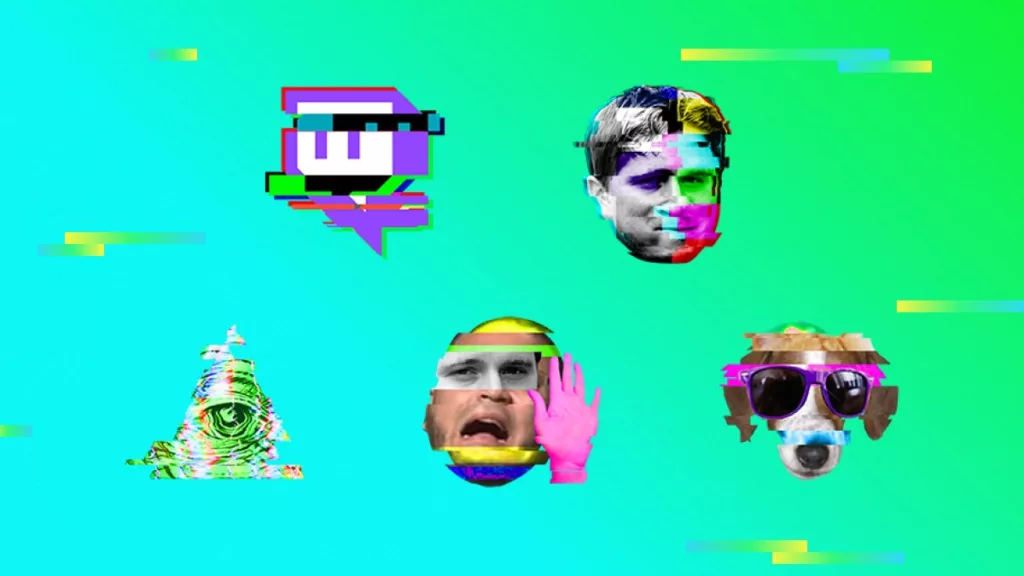
Not all Twitch emotes are created equal. Certain Twitch emotes are available only to subscribers or frequent donors, which is a double-edged sword: They become less visible, but they also become more desirable due to their exclusivity. For example, streamers can create Emote Modifiers for their most popular emotes to spice them up – an incentive only available to Tier 2 and Tier 3 subs. Alternatively, Cheermotes are animated emotes sent whenever a viewer donates a certain number of Bits. There are different levels of animation based on how many Bits they Cheered with to promote higher donation amounts. Both Emote Modifiers and Cheermotes are only available to Twitch Affiliates and Partners, making their usage greatly reduced.
Additionally, some emotes only exist for a limited time. Streamers can employ special emotes for events like Hype Trains to encourage viewer engagement and additional donations of Bits to keep the clock running. On a grander scale, Twitch has employed limited-time emotes to celebrate global events, like the glitched-out emotes for GlitchCon 2020. These are temporary and require being in-the-know to capitalize upon.
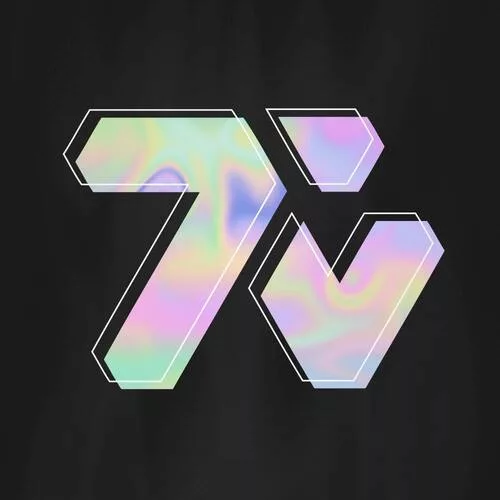
If the sheer variety of emotes seems overwhelming, you might be surprised to find out the emote types listed only cover Twitch-endemic emotes. A number of browser extensions exist that allow fan-made emotes to be used natively on Twitch, circumventing many of their guidelines. While these extensions are frowned upon, they are virtually omnipresent on major streamers’ chats. Some of the most prevalent extensions used include FrankerFaceZ, BTTV, and 7TV. How to add 7TV emotes to Twitch requires installing the specific 7TV extension and then choosing from a range of compatible emotes that you’d like to use on stream.
The upshot of this is that there are multiple avenues for companies to create and distribute their emotes, and which one you choose will depend on your core fanbase and marketing strategy. Twitch emotes are volatile and constantly evolving, regarding expert knowledge to navigate tactfully and to stay on top of current trends. Ensuring your brand or game feels connected to the current Twitch emote meta is crucial for capturing a contemporary audience.
To keep up to date with the latest trends and live-streaming culture updates, follow Stream Hatchet:
